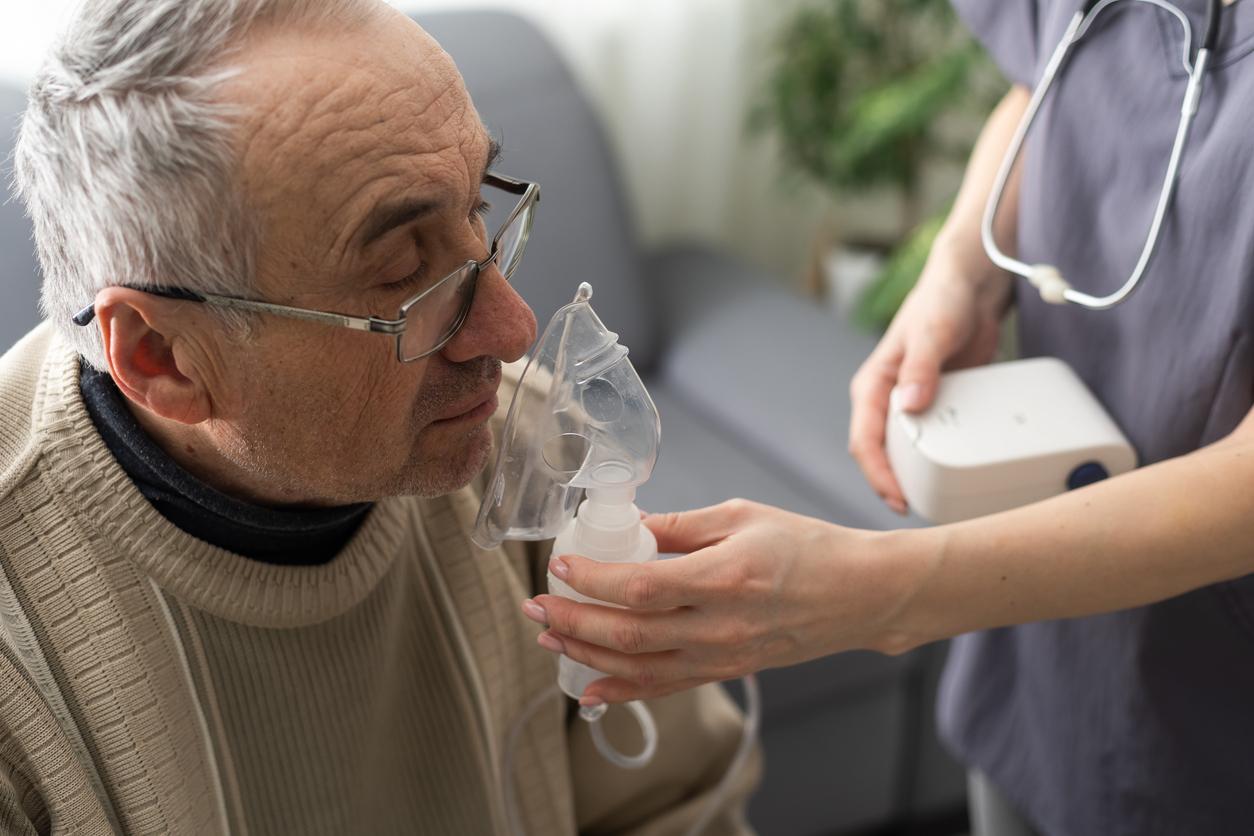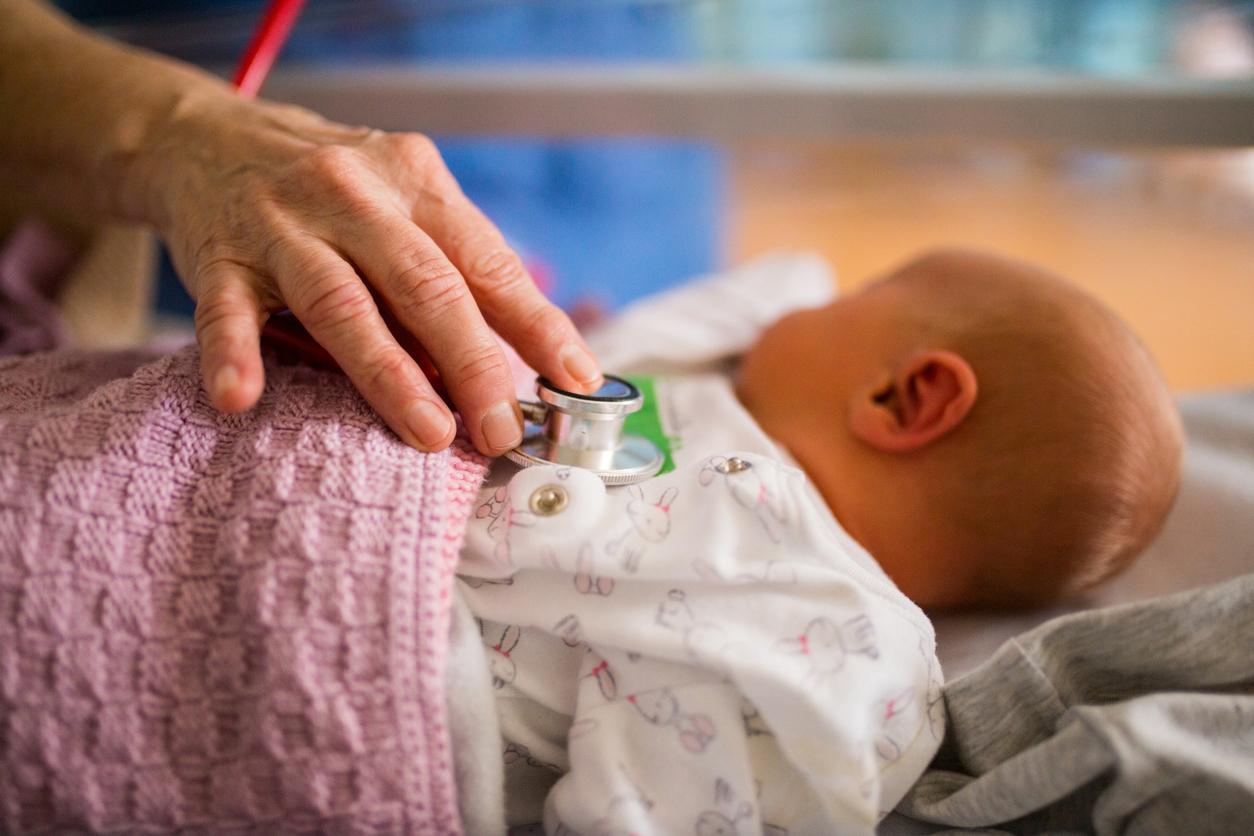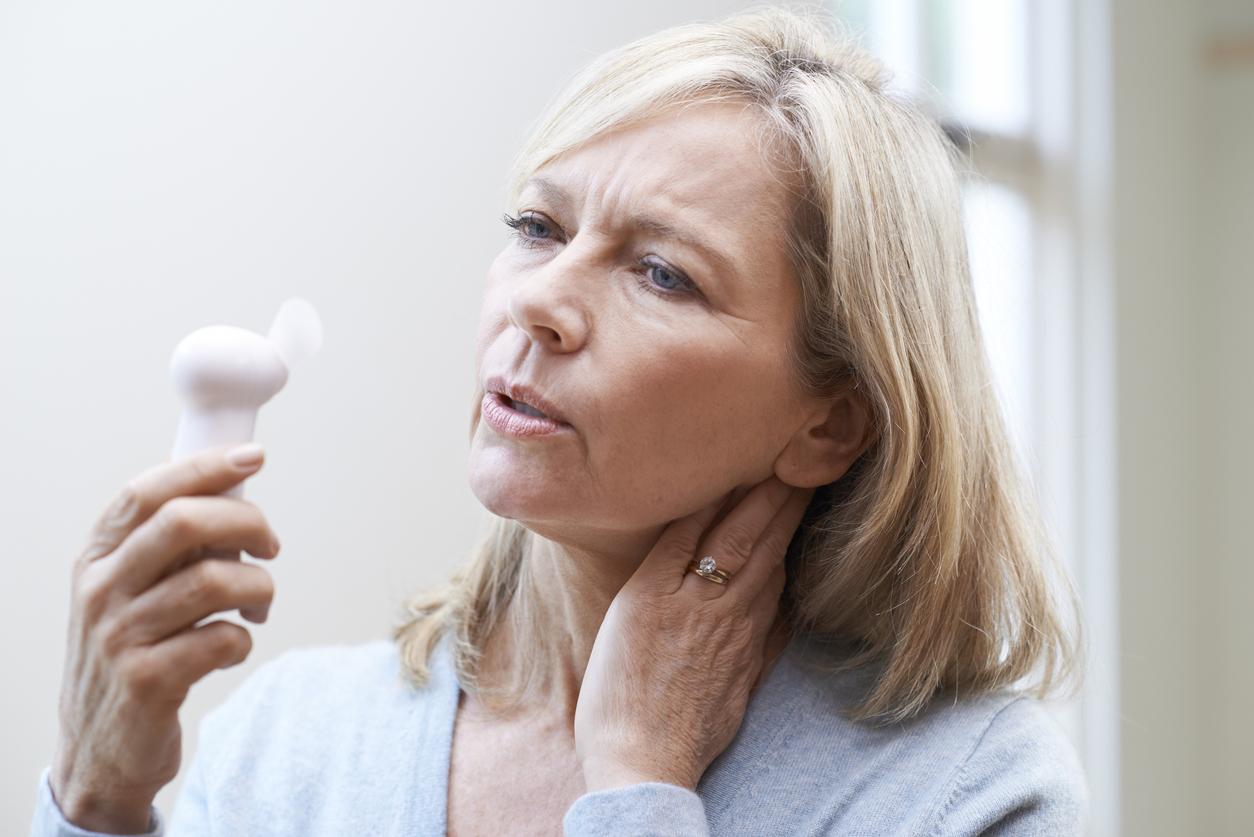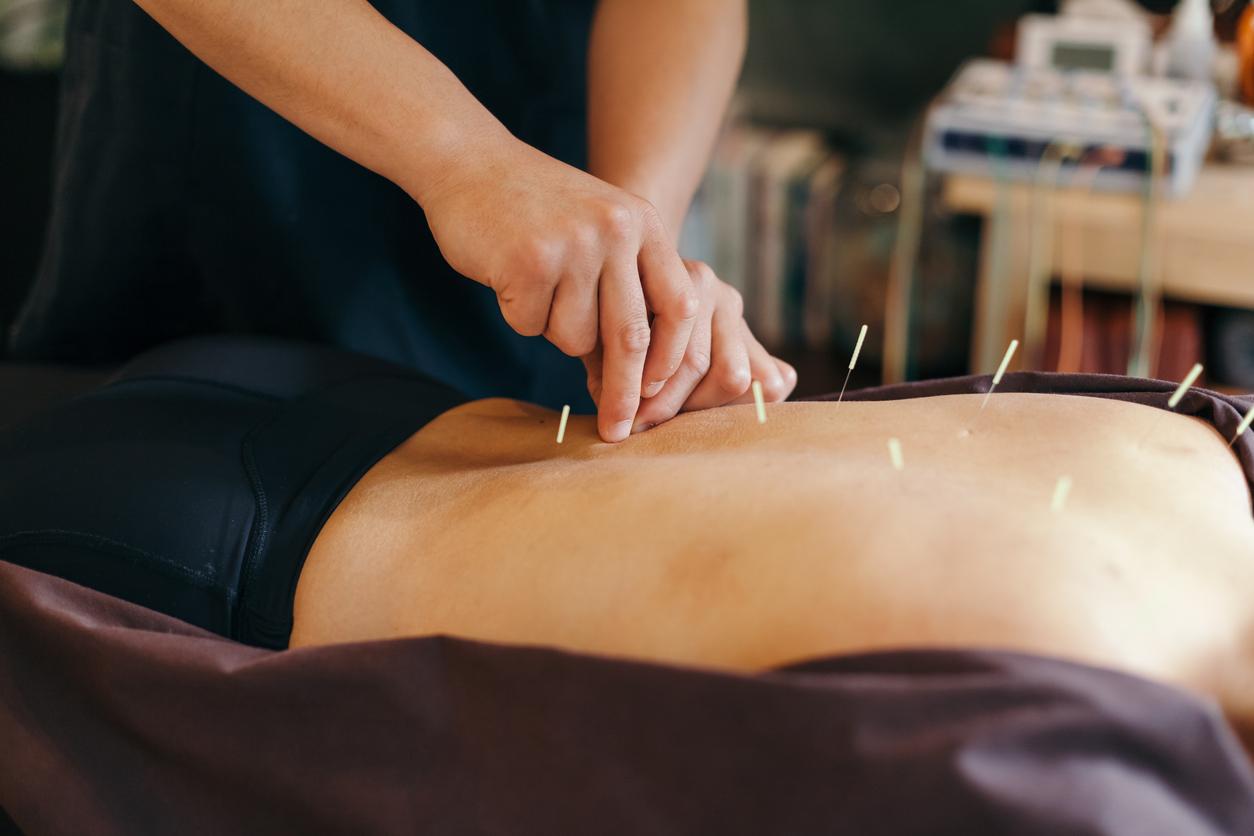Carbon monoxide, an odorless and colorless gas, can be fatal. Here are the signs of poisoning.
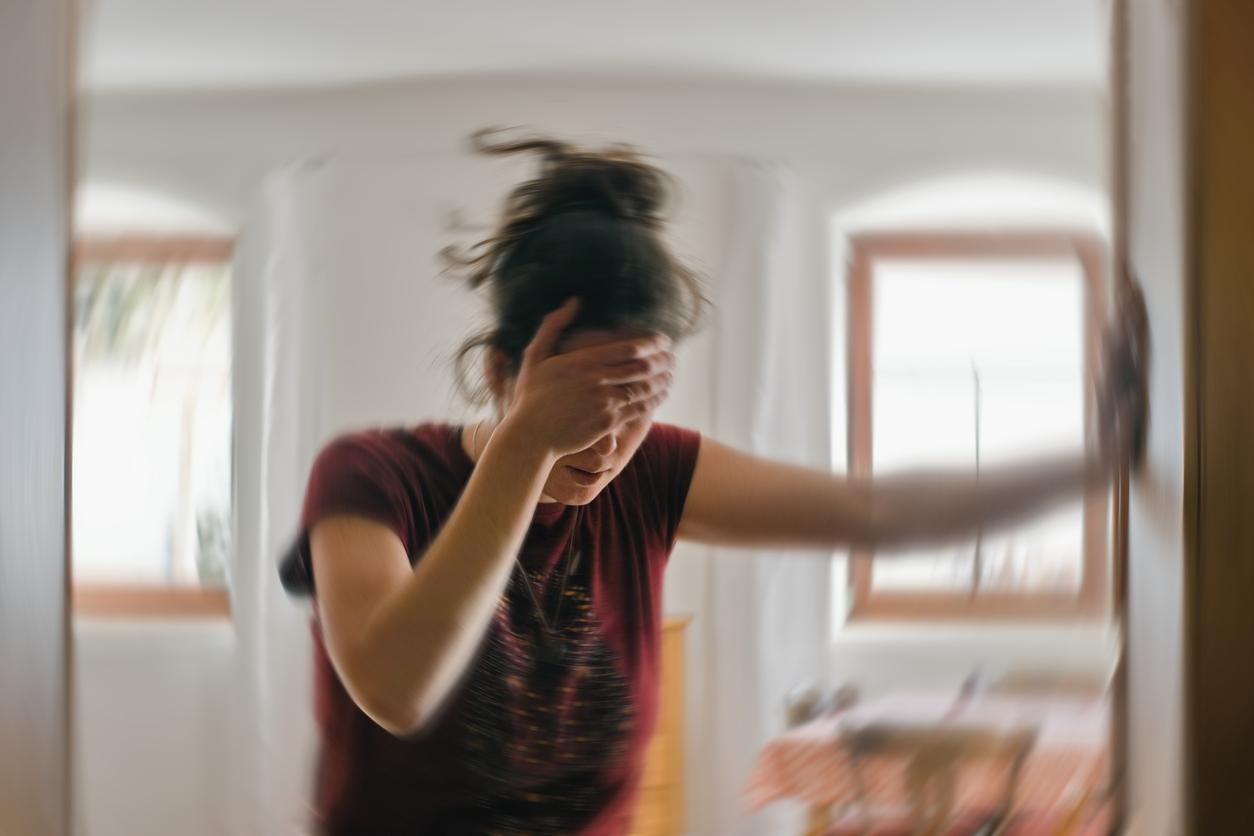
- The risk of carbon monoxide (CO) poisoning increases in winter due to the use of heating appliances.
- Every year in France, around 3,000 people are accidentally poisoned by CO and around a hundred people die.
- It is important to identify the symptoms of CO poisoning quickly, and to act before you lose consciousness.
Every year, around 3,000 people are accidentally poisoned by carbon monoxide (CO) in France and around a hundred die, because this gas enters the blood and takes the place of oxygen. These tragedies generally take place in winter when temperatures drop and the use of heating devices becomes necessary.
The substance being odorless, colorless and non-irritating, poisonings occur without the victims realizing the danger. This is why it is important to know the symptoms.
Carbon monoxide poisoning: symptoms to identify quickly
Carbon monoxide poisoning is most often caused by incomplete combustion of carbonaceous materials (natural gas, wood, coal, butane, gasoline, fuel oil, petroleum, propane). This phenomenon is the result of an insufficient quantity of oxygen in the air (sealed room, insufficient ventilation, blocked air inlet, etc.). A malfunction (backflow, poor evacuation of gases) and improper use of combustion appliances (additional heating on continuously, chimney not swept, generator used indoors, etc.) can also be the cause.
If you find yourself in the presence of combustion appliances, you must act quickly if people present in the room experience the following symptoms:
- headaches;
- unexplained fatigue;
- nausea;
- vomiting;
- dizziness;
- disturbances of consciousness accompanied by stiffness of the limbs and sometimes, convulsions.
“If they affect several people within the same household, we must act quickly before loss of consciousness (coma) occurs”warns Public Health France during a warning published on November 14, 2024.
Carbon monoxide poisoning: how to react?
In the event of carbon monoxide poisoning, you must act quickly. If you suspect this type of incident is occurring, you should:
- ventilate immediately: open all doors and windows of the premises while holding your breath;
- stop the heating or cooking appliances in question;
- exit the building: “you will only be able to reinstate them after a qualified professional has visited, who will look for the cause of the poisoning and suggest work to be carried out”specifies Health Insurance on its website ;
- call for help by dialing 15, 18 or 112 (and 114 for hearing impaired people): it is recommended to call “even if the victims complain of simple headaches. In fact, treatment by oxygen inhalation must be carried out very quickly.”
When calling 15 or 112, it is recommended to try to speak calmly, to give the exact address of the poisoning (floor, access code, etc.) as well as their identity (name, telephone number). telephone, etc.), describe the symptoms that alerted you and the number of people present and only hang up at the request of the interlocutor.













